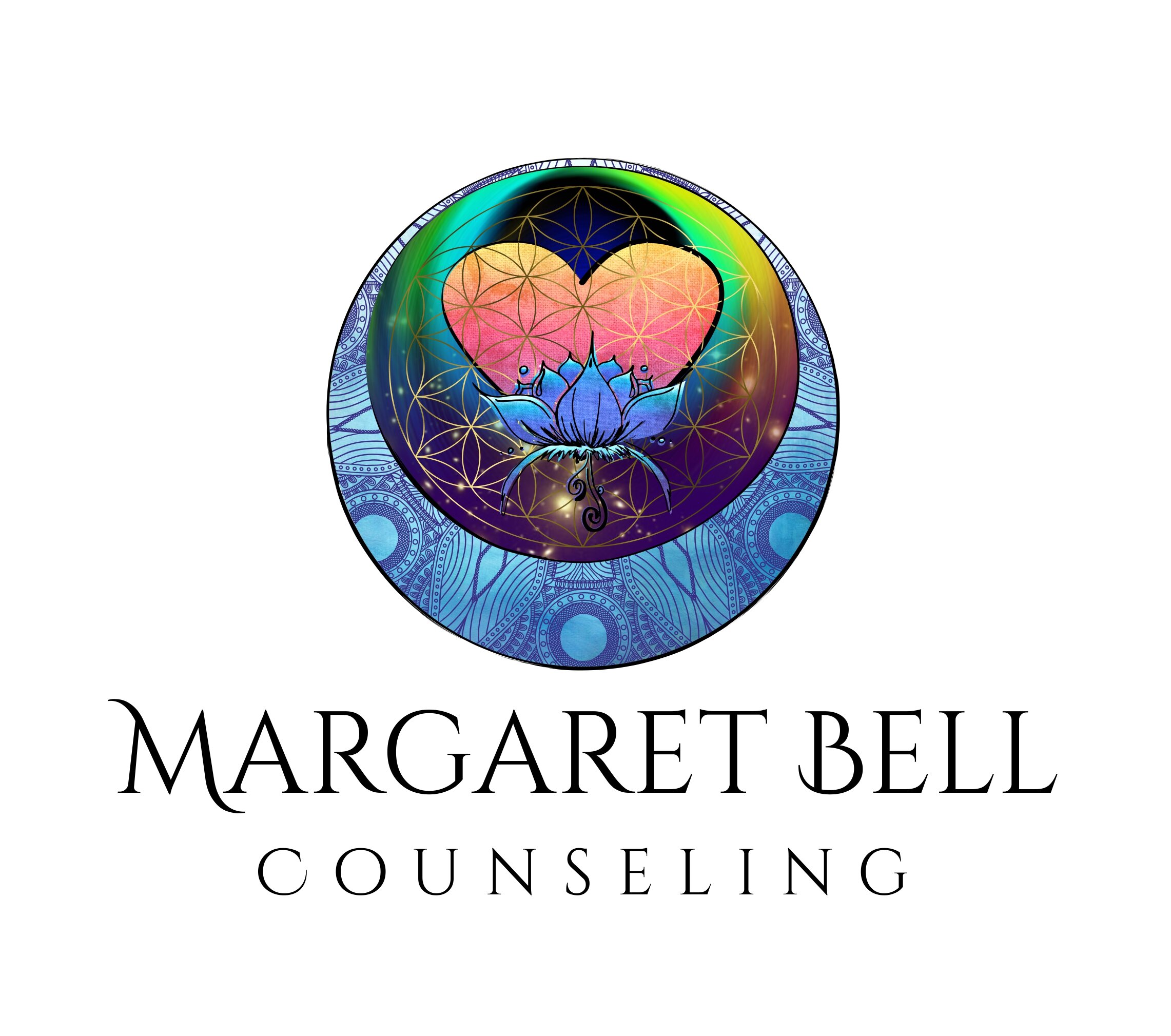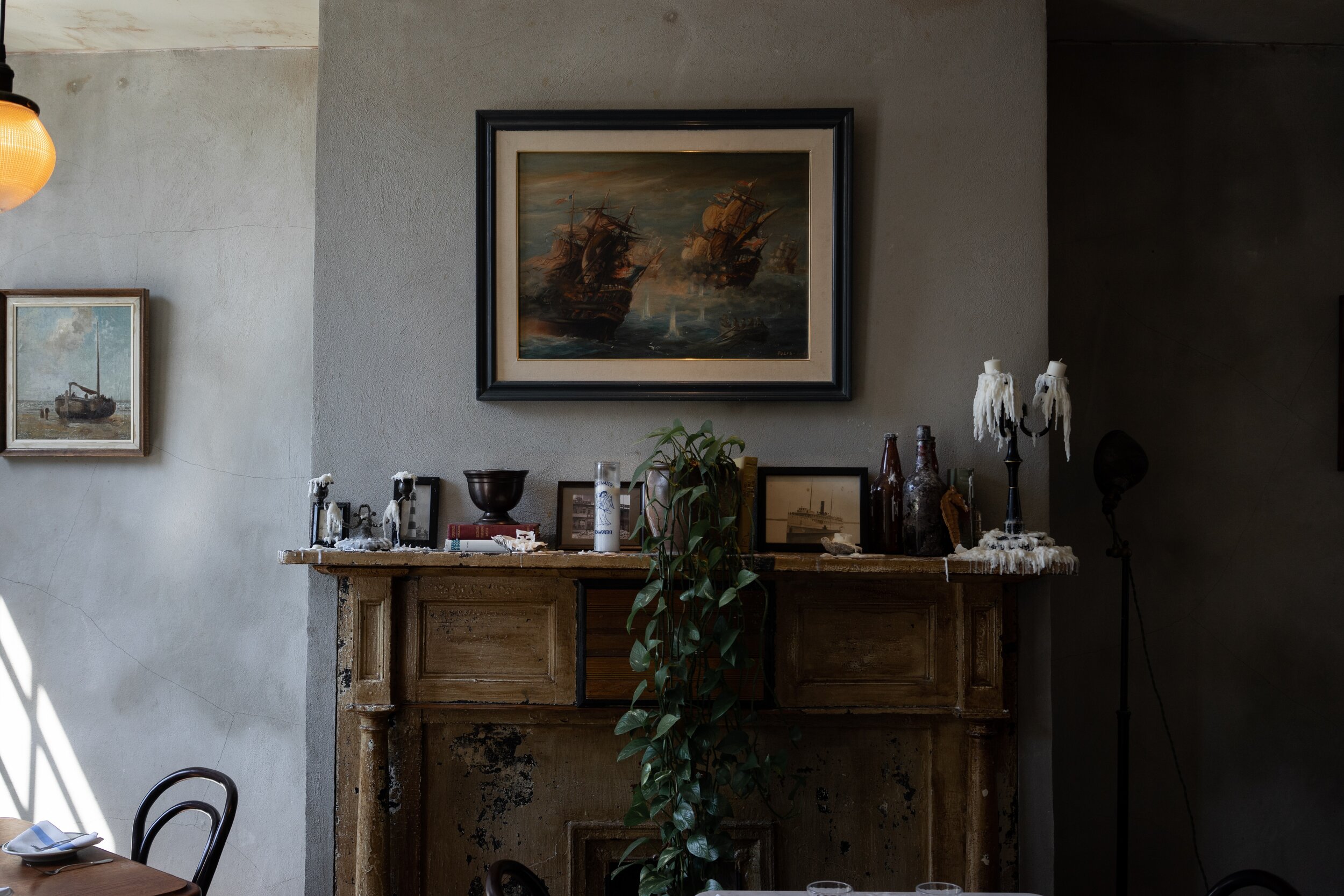Healing Roots
Photo by Laura Fuhrman on Unsplash
Old black and white photos. People who you never knew or perhaps only knew through stories. People who if it wasn't’ for them you wouldn’t be here.
Family wounds get passed down. Become part of the len we view the world.
Our family scars become our scars. Become parts of our cracks and fractures.
Ideas and ways of life. Passed down through tradition and family stories.
Family members who, immigrated or survived a war or depression and this affected your family. These themes and patterns are still present. They show up as beliefs.
Slavery. War. Oppression. These stories can fuel pride and shame. These stories can empower. Can change the way we and others see the world. These stories can change the world. These stories can be a place of survival. A template for mistakes and things we, as humans do not want to do again. A place of profound healing.
Our ancestors struggled to stay alive. That’s why we are here. Because they had to scrap and suffer and fight to stay alive. A great deal has changed since generations ago. However, we still carry their DNA. The anxiety, trauma, pain and suffering gets passed down through generations. We carry the wounds of our ancestors. Their anxiety to stay alive is now our anxiety. Their fear of the unknown and night is now our fear. Anxiety and fear served our ancestors as it does us, wIthout we would walk off of cliffs or enter dangerous situations.
Situations also affected our more recent ancestors which also have an underlying current in our daily worlds. Think about a family member who survived the depression. They had hid away and live off of nothing. The lack mindset can come from here. That underlying belief that tells you there is never enough. Because those that came before you had to create enough and often times went without. Now, your subconscious mind believes this. The family member who survived atrocities, how did they raise their children and how does this affect you? Often times, those who suffered greatly- live in fear that what has happened to them will happen to their children. So they raise them in fear. Their children raise their children in fear and so on.
Photo by Pinkasem Muisri on Unsplash
Healing roots:
To start to heal the wounds of your ancestors that still affect you today:
Photo by Annie Spratt on Unsplash
1. Explore your ancestry. Tell the story of your family.
Where does your family come from? How did you get to be here? How did they get here? What were their successes, struggles and sacrifices? The places asking to be healed.
Any special traditions, folklore, myths, customs or food? Where there certain healing traditions, herbs used for certain cures?
If you are adopted, explore your birth culture, as well as, that of your adoptive family. How have the two affected you? Where do you see yourself?
Are their traditions, recipes or stories that you can incorporate in your life?
2. Stories.
Ask your parents, grandparents and other family members if they have any memorable family stories.
Tell stories that you remembering hearing from your childhood.
You can even write them out or create a fun family story scrapbook.
Know their stories. All of them. The stories of struggle, pride, shame. We often hid the mistakes of our ancestors afraid of how others will judge us. Looks for the lessons, the stories of empowerment.
We can learn a great deal about yourself by looking into family roots. Such as genograms, a family tree that maps out family patterns and histories, such a divorce, substance use. When you see the patterns of the past, you can help end them.
If you don’t know any stories, start by researching stories, myths, beliefs and tales from the countries of your ancestors.
Photo by Roman Kraft on Unsplash
3. Pictures. Look through old family pictures and albums. Take your time, look at the people and places.
Try connecting to what was going on. What were they feeling, doing? No pictures. Do not worry. You can find old pictures from where your ancestors came from. Do you relate to the pictures? Feel a connection? Or feel nothing?
Photo by Alasdair Elmes on Unsplash
4. Create a celebration.
Often times on the anniversary of the loved one’s death and their birthdays, we grieve the loss of someone we loved. This is a wonderful time to celebrate their life.
Cook their favorite dinner. Invite family and friends. And during dinner tell stories of the loved one. You can place their picture in the center of the table and decorate the table with flowers, candles and old personal effects of the person.
Find a holiday that was important to your ancestors and celebrate it. Have fun, explore recipes, traditions and significance it help to your ancestors.
Create a day that you honor your deceased family members.
Just like the dinner above, create a meal that honors all of your family (is there a particular traditional meal you can make, did your grandma always make gumbo? What was the food your ancestors ate? Have an old family recipe? explore your heritage and family lineage through food).
Decorate the table, invite friends and family, tell stories. Look up myths and folklore related to your heritage and share these stories. Celebrate the amazing-ness of your family.
Photo by Mitchell Hollander on Unsplash
5. Create an ancestral altar- a place in your home that celebrates and honors your ancestors. Your ancestor altar can be a place of peace and retreat. You might find yourself talking to them about your life or problems. Or cooking a special meal to share with them. You might just sit and meditate in front of your altar. Allow this space to be what it needs to be for you.
Set aside a table or space that you can dedicate to your ancestors. Some traditions require a table covered with a white cloth. Go with your gut here. If you have a beautiful heirloom tablecloth you want to use. Then use it!
Place pictures of deceased family members on the table. This is a table dedicated your ancestors. A celebration of you being here today.
Decorate the table with candles, fresh flowers, and family mementos.
Some traditions believe that the table needs a fresh glass of water for the ancestral spirits to travel through. If you leave a glass of water, change it regularly.
Many traditions leave offerings for their ancestors. Plates of food, alcohol. Other drinks and foods their family members enjoyed in life. Remember if you leave food or drink, don’t let it spoil. You can also leave personal mementos. Such as if your grandma smoked you can leave her cigarettes, toys for children, a favorite book.
Give yourself permission to honor and celebrate your family’s history and all the wonderful people who made it possible that you could be here today!
Photo by Gianandrea Villa on Unsplash
6. Many of us have family traumas that linger in the shadows of our family legacies. These stories have a place. We have people in our families who might have not been the best people, hurt others, were mean and cruel. You do not need to invite these unsavory characters to your party. You can light a candle for them, anointing the candle with sage and rosemary or herbs that were important to your ancestors. Send them healing energy.
Hear their stories and learn from them. For example, if your family member, violated and victimized others: Donate money to charity. Volunteer. Advocate for victims. Change the story.
Stories are ways we connect, learn and grow. You do not have own or allow past family traumas to define you. You get to rewrite the story. You can learn and grow and be better. When we set the intention to be our best, we release ourselves from the past.
When you create a relationship with your ancestors you can ask for support, blessings, and advise. They may visit your dreams or speak to you through music. Be open to the signs.
When we start to heal our families, we empower future generations not to repeat the mistakes of the past. We free ourselves from family patterns and stories. We get to rewrite our histories.








